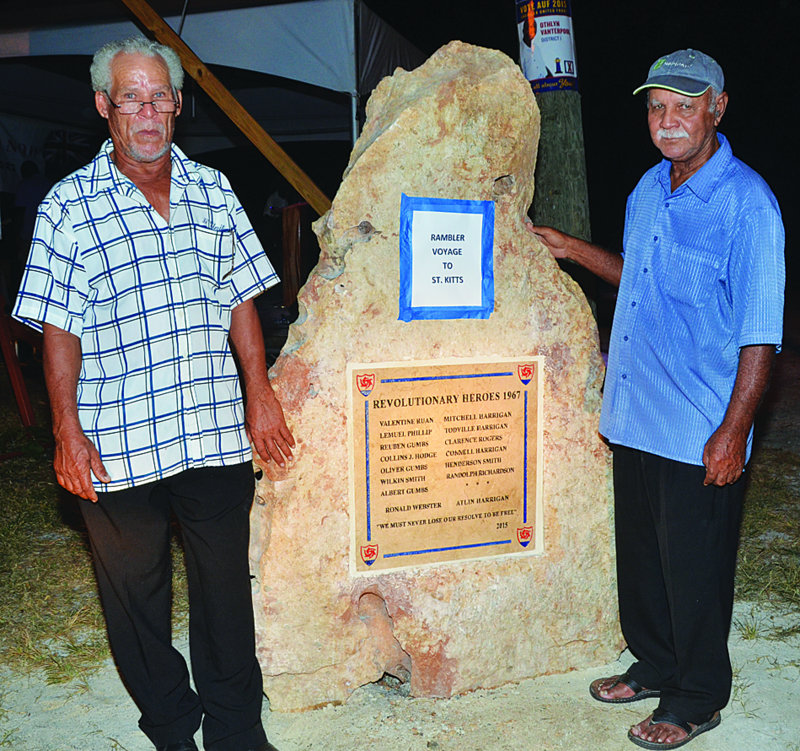The outcome of this week’s general election in St Kitts-Nevis is more than just passing interest in Anguilla, a former sister island which, for a million reasons, is lucky and proud to have made its exit 48 years ago from that State. Our revolution against dictatorial rule, in particular, has certainly spared us the embarrassment we would have continued to experience today as a people, and an island, if we were still in the grips of that Federation, and under the tenet of the outgoing regime which has become the laughingstock of the Caribbean and the rest of the world.
The election results, which have brought about the end of the 20-year administration of former Prime Minister, Dr Denzil Douglas, were a humiliating defeat for him – in the making ever since he lost two of his senior cabinet ministers; appointed senators to replace them; and refused to have an opposition motion of no confidence allowed in parliament. In St Kitts-Nevis, this was obviously a disturbing and untenable matter for many people but, for some strange reason, none of the Prime Minister’s colleagues in the OECS and CARICOM did not see it compelling to question, let alone become involved in the issue. This caused all right-thinking people to be disappointed in those regional leaders and to wonder what sort of leadership and statesmanship example they were showing to the people and the rest of the region.
To add insult to injury was the creation of new electoral boundaries ostensibly to make them “fair”, as was stated, but which, critics charged, was merely an alleged attempt to position larger numbers of voters into strongholds of the then ruling Labour Party. There was some relief when the Resident High Court Judge granted an injunction to Opposition members against the Governor General’s proclamation which was aimed at bringing the new boundaries into effect – the Boundaries Commission’s report having earlier been hastily approved by parliament at nightfall, followed immediately by the dissolution of the legislature. The Opposition’s hopes were however dashed when the Judge, for some reason, later withdrew the injunction.
With the swift onset of the February 16 election date, the Opposition filed a motion with the Appeal Court which temporarily allowed the injunction, but almost as quickly removed it stating in effect that the matter was of a political rather than constitutional nature. Convinced that they had a case, the Opposition members appealed to the Privy Council, in London, which summarily overturned both rulings of the two Caribbean courts, and ordered that the St Kitts-Nevis general election be held on the basis of the old electoral boundaries. Naturally, there must be a lot of disappointment in, and criticism being hurled against, the rulings of the High Court and the Appeal Court, while there is much commendation for the Privy Council for being the guardian and arbiter of an important principle in a volatile political situation in a Caribbean nation. The fact that the Government lost the election, by a vote of 7 to 3 seats, in favour of the Opposition, (Team Unity), begs the impression that the change of the boundaries was in fact an allegedly deliberate effort of desperation to assure the Prime Minister 25 years in office, making him the longest-serving Caribbean leader.
The next untenable and unprecedented issue was the long-delayed counting of ballots, and the eventual alleged abandonment of the election process by the Supervisor of Elections, leaving the electorate puzzled about the final results of the polling, and who, in fact, would be governing them.
It would appear that this, and other events above, constituted a frustration of the will of the people, and an attack on the democratic process. But, in the end, the majority of the people, through the power of the ballot, got the last laugh. Anguilla, and other islands, must carefully examine what lessons they can learn from the strange events in St Kitts-Nevis.








